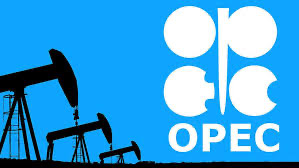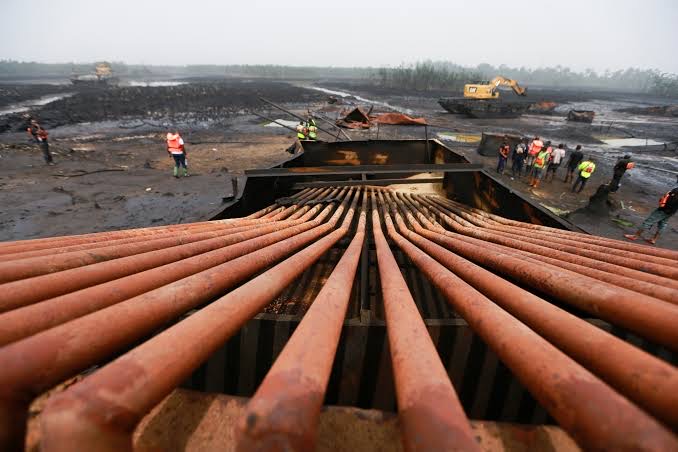The rise in fuel price in Nigeria has caused widespread concern. Many have blamed oil producers, especially local operators like Dangote Refinery.
However, OPEC Secretary-General Haitham Al Ghais has set the record straight, revealing that the real reason for the rise in fuel prices lies elsewhere, mainly in taxes imposed by governments, including major oil-consuming countries.
In an article published on Tuesday, Al Ghais explained that crude oil and its derivatives form the backbone of global industry, powering everything from transportation to medicines.

While many believe that higher oil prices directly benefit oil-producing countries at the expense of consumers, the OPEC Secretary-General debunked that myth, pointing out that oil-producing countries are not the main beneficiaries of retail fuel sales.
Al Ghais stressed that “Revenues are often generated, but they are predominantly earned by major oil-consuming countries through taxation”. The Secretary-General emphasized that OECD (Organisation for Economic Cooperation and Development) countries earn much more from retail sales of petroleum products than OPEC member states earn from the sale of crude oil itself.
From 2019 to 2023, OECD countries earned about $1.915 trillion more per year from petroleum products than OPEC countries. In 2023 alone, taxes in OECD countries make up about 44% of the final retail price of petroleum products, with the figure exceeding 50% in some European countries.
For Nigerian consumers, this highlights that high fuel costs at the pump are not simply a reflection of crude oil prices or refining margins. Instead, a significant portion of what consumers pay goes to government taxes. “It is important to recognize that the price consumers pay at the pump is determined by multiple factors, including the price of crude oil, refining, transportation, and especially taxes,” Al Ghaith stressed.

In the UK, for example, fuel taxes are expected to generate £24.7 billion in government revenue in 2023-2024, which represents 2.2% of total revenue. Such figures show a global trend in which governments in both producing and consuming countries are using petroleum products to generate revenue.
Al Ghais also stressed that while oil-producing countries earn revenue from oil sales, a significant portion of it is reinvested in exploration, production, and infrastructure projects to ensure continued supply to consumers around the world.
This reinvestment is critical to maintaining future oil supplies and stabilizing global energy markets. In summary, while taxes play an important role in supporting government services and infrastructure, they also make up a significant portion of the price consumers pay at the pump.
The OPEC Secretary-General called for a shift away from pitting consumers against producers, emphasizing that both groups have a stake in the energy ecosystem.
The current fuel price crisis in Nigeria is a reminder of the complexities of fuel pricing, with taxes, not oil producers, responsible for much of the price Nigerians pay at the pump.
































